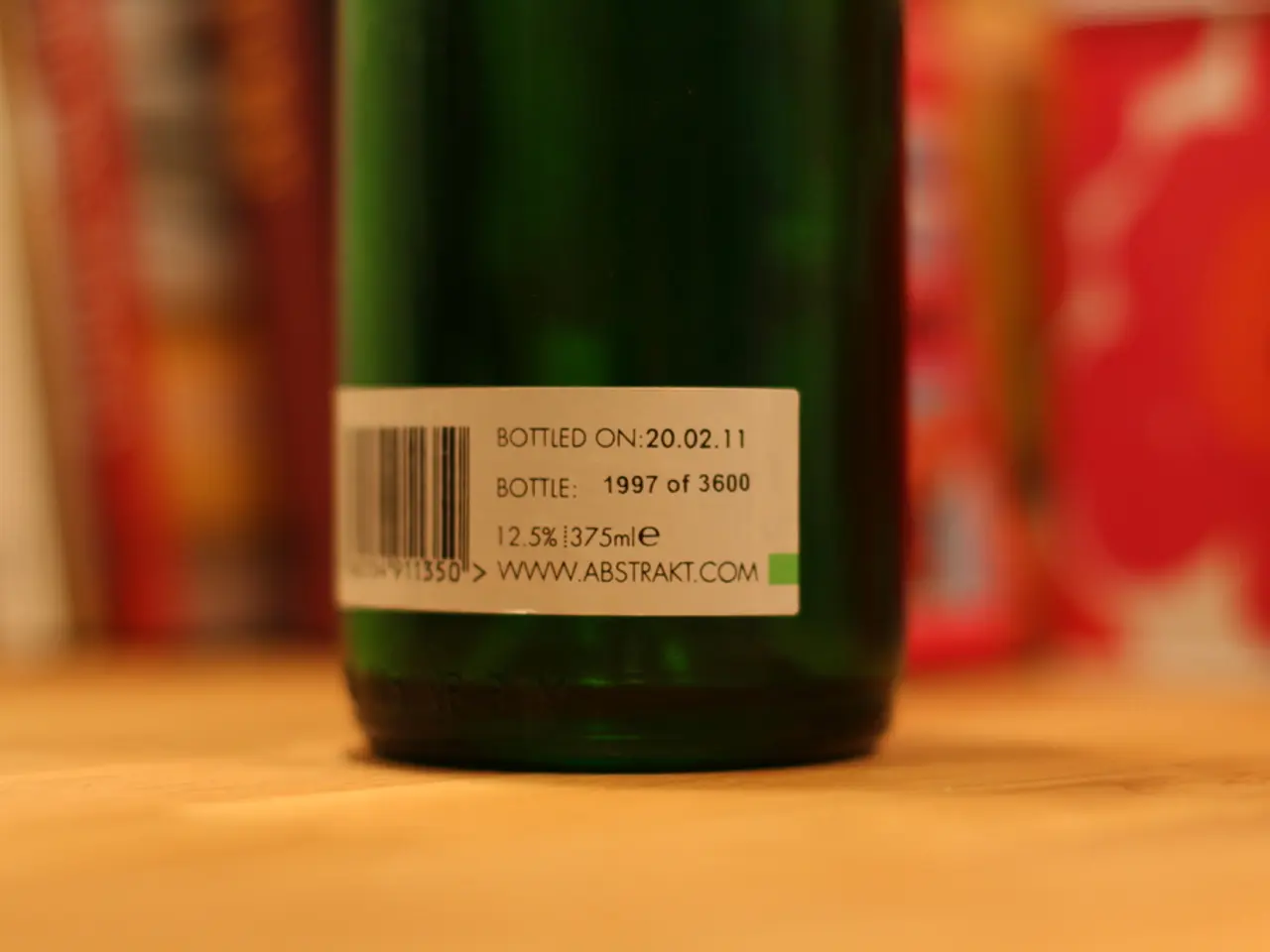Interactions of Brilinta: Details on alcohol, supplements, and additional factors
Brilinta, a prescription drug used to reduce the risk of heart attack, stroke, and cardiovascular-related death, comes with specific contraindications and interactions that patients and healthcare providers should be aware of.
Before starting treatment with Brilinta, it's crucial to inform your doctor and pharmacist about any medications you take, including but not limited to cannabis, aspirin, nonsteroidal anti-inflammatory drugs (NSAIDs), blood thinners, opioids, certain antivirals, certain antifungals, certain seizure drugs, certain statin drugs, digoxin, clarithromycin, nefazodone, and rifampin.
Brilinta should be used cautiously with drugs metabolized by CYP3A4 or P-glycoprotein, other blood thinners or antiplatelets, certain statins like simvastatin, and alcohol. Herbal products like St. John's wort may reduce its effectiveness.
One of the key contraindications for Brilinta is active bleeding conditions, such as bleeding in the stomach, intestines, or brain, a history of hemorrhagic stroke, severe liver disease, and conditions that predispose to bleeding (e.g., ulcers, polyps, or stroke history). These conditions significantly increase the risk of bleeding with Brilinta.
Brilinta can interact with certain medications, increasing the risk of side effects. For instance, combining Brilinta with simvastatin can increase blood levels and effects of simvastatin, raising the risk of liver damage and rhabdomyolysis (muscle breakdown), which can lead to kidney damage or death. Dose adjustment or alternative medications and close monitoring are advised.
Other interactions include those with CYP3A4 inhibitors (e.g., ketoconazole) and grapefruit juice, which increase plasma levels of Brilinta, increasing the risks of bleeding and adverse effects. Conversely, CYP3A4 inducers (e.g., rifampicin, possibly St. John's wort) may reduce the effectiveness of Brilinta.
Brilinta also inhibits P-glycoprotein, increasing plasma levels of P-glycoprotein substrates (e.g., digoxin, ciclosporin). Combining Brilinta with other antiplatelet agents, including clopidogrel, increases bleeding risk and must be done under medical supervision.
It's important to note that Brilinta can interact with cannabis (marijuana) and cannabis products, such as cannabidiol (CBD), raising the level of Brilinta in your body and increasing your risk of bleeding as a side effect. Similarly, grapefruit and grapefruit juice can interact with Brilinta, raising the level of Brilinta in your body and increasing your risk of bleeding.
In addition, Brilinta can lower blood pressure, and patients taking antihypertensives should be monitored. Stopping Brilinta suddenly is not recommended as it may increase heart attack or stroke risk.
In summary, Brilinta should be used cautiously with drugs metabolized by CYP3A4 or P-glycoprotein, other blood thinners or antiplatelets, certain statins like simvastatin, and alcohol. Herbal products like St. John's wort may reduce its effectiveness. Patients must avoid abrupt discontinuation and report any signs of severe bleeding immediately.
- Individuals taking Brilinta for health-and-wellness, particularly those with medical-conditions such as hypertension and cardiovascular-health, should be mindful of interactions with other drugs, herbal products, and substances like cannabis and grapefruit.
- During treatment with Brilinta, deciders, including healthcare providers and patients, should be aware of specific medications that may interact with Brilinta, such as simvastatin, digoxin, and ketoconazole, as these might increase the risk of side effects.
- It is crucial for individuals on Brilinta to inform their healthcare providers about their use of cannabis, cannabidiol (CBD), and grapefruit or grapefruit juice, as these substances can raise the level of Brilinta in the body and increase the risk of bleeding as a side effect.




